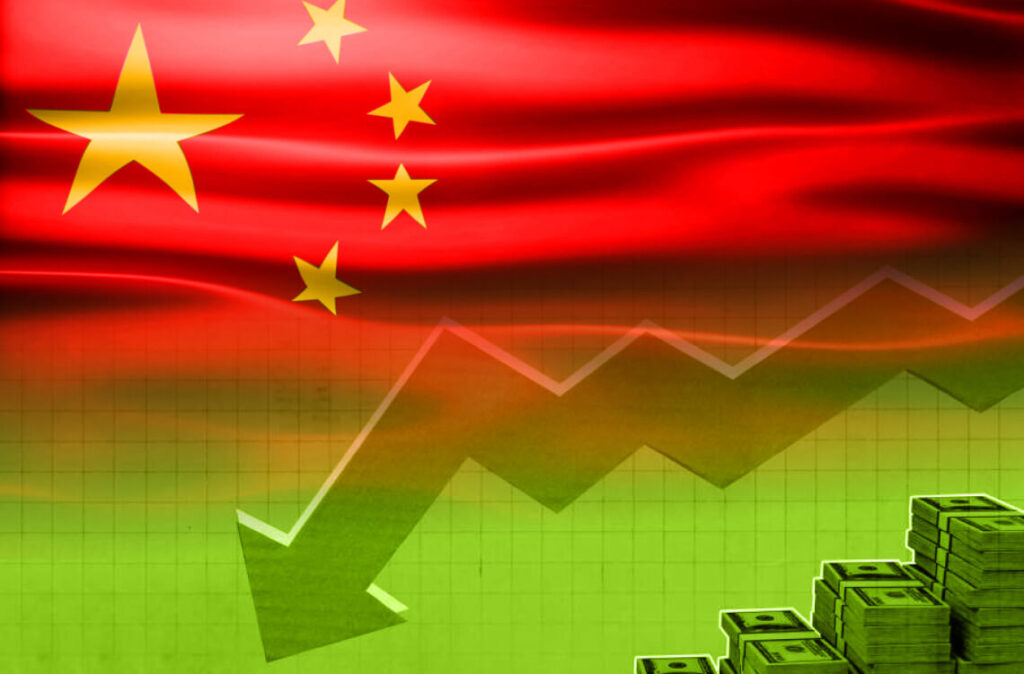China’s inflation rate came in below forecasts, intensifying concerns about potential deflation in the world’s second-largest economy. While much of the world has been battling rising prices, China now faces the opposite problem, with consumers holding off on purchases in the expectation that goods will become cheaper in the future.
Deflation, or falling prices, could have significant repercussions, both within China and globally. Economists fear that as Chinese goods become cheaper, the country could “export” deflation, driving down prices worldwide. This trend could create downward pressure on global inflation, particularly as Chinese low-cost goods affect prices across multiple markets, as noted by the Financial Times. Policymakers in Beijing have grown increasingly concerned, with Goldman Sachs’ chief China economist telling Bloomberg that the country’s leadership is becoming “uncomfortable” with the economic outlook. Last week, China’s former central bank chief made a rare public acknowledgment of the growing problem of falling prices.
Beijing has been attempting to boost consumer confidence, but these efforts have had limited success. China’s consumer price index (CPI) rose by just 0.6% in August, according to Bloomberg, falling short of most economists’ predictions. The CPI has remained near flat for over 16 months, significantly below the government’s annual inflation target of 3%. Initiatives such as trade-in programs for consumer goods have had minimal effect, with many Chinese consumers choosing to pay off debts or invest instead of making new purchases, Reuters reported.
The weak domestic economy could also lead to overproduction, prompting Chinese exporters to reduce prices further. This scenario poses a threat to emerging markets that compete with China, as the flood of cheaper goods could harm their economies.
While the full impact of Chinese deflation on global prices is still uncertain, economists suggest it may not have a significant effect on advanced economies like the U.S. Chinese imports account for less than 5% of total U.S. consumer spending, according to estimates shared by the Financial Times. However, some economists argue that imports from China may be undercounted, which could be masking a larger potential impact on prices.
The deflationary threat from China also heightens concerns among Western policymakers and businesses, who are wary of the country’s competitive edge. Over the past two decades, China has outcompeted emerging-market manufacturers, and now, according to an investment strategist quoted by the Financial Times, it could do the same to advanced economies’ manufacturers.
As Beijing grapples with weakening consumer demand and a potential deflationary spiral, the ripple effects of its economic troubles could soon be felt in markets around the world.



